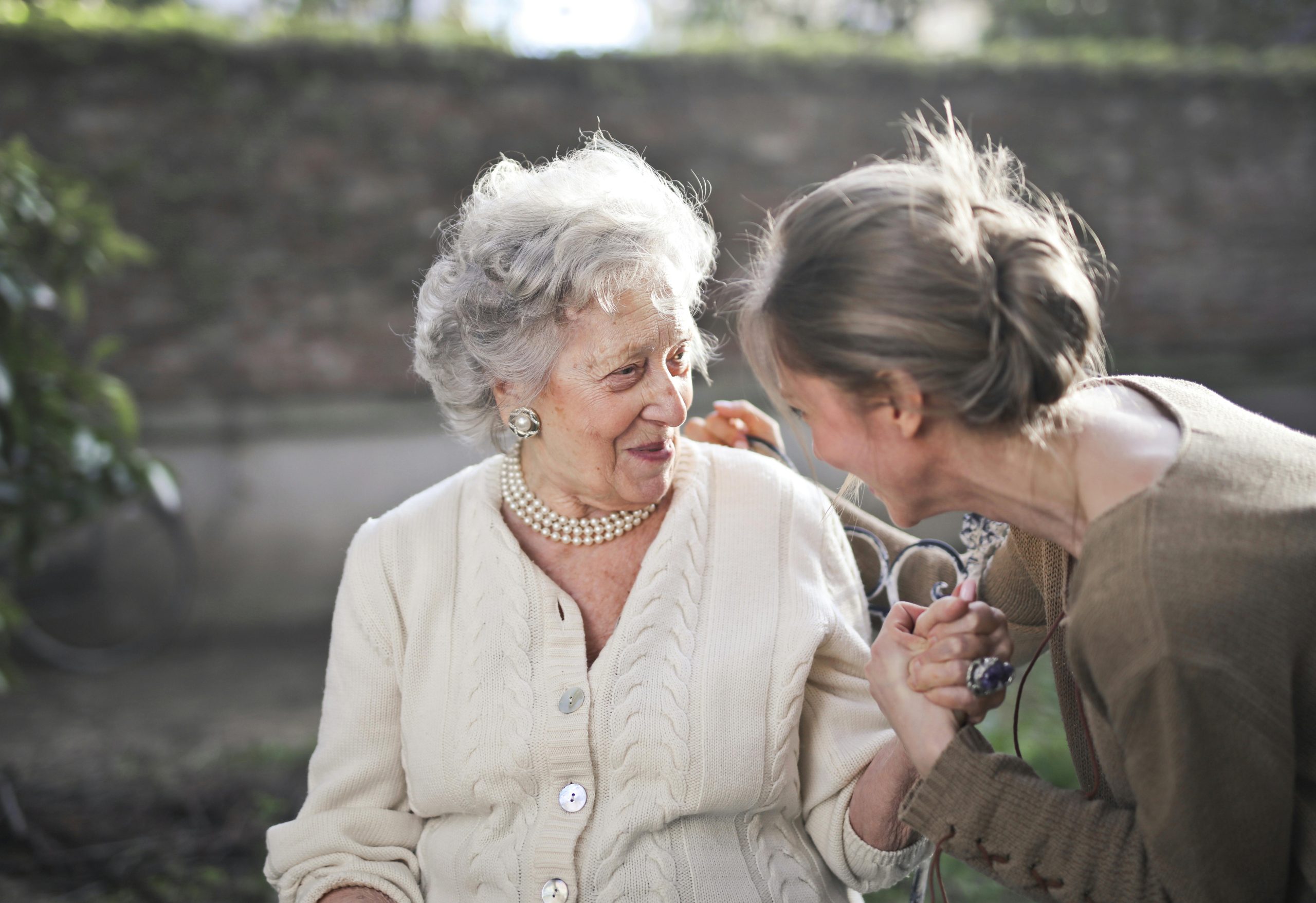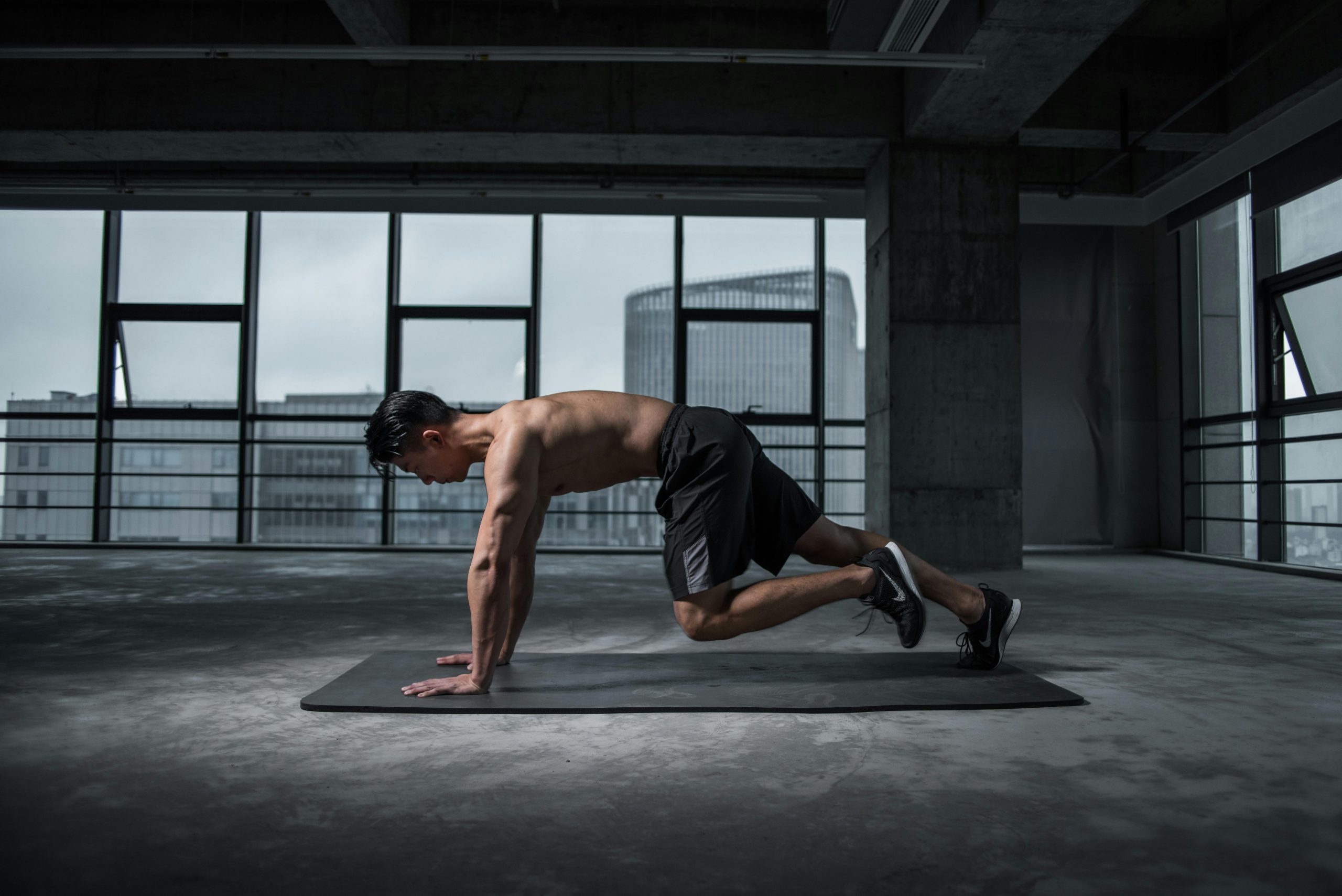Maintaining physical fitness is crucial for seniors to enjoy a high quality of life and independence as they age. Tailored exercise routines can help improve strength, flexibility, balance, and overall well-being. In this article, we’ll explore the importance of senior fitness and provide guidance on designing exercise routines that are safe, effective, and enjoyable for healthy aging.

- Understanding the Benefits of Senior Fitness:
- Explore the numerous benefits of regular exercise for seniors, including improved cardiovascular health, increased muscle strength, enhanced flexibility, better balance, and reduced risk of chronic diseases.
- Understand how exercise can also improve mood, cognitive function, and overall quality of life in older adults.
- Designing a Senior-Friendly Exercise Routine:
- Discuss the importance of consulting with a healthcare professional before starting any new exercise program, especially for individuals with pre-existing medical conditions or mobility issues.
- Provide guidance on selecting exercises that are low-impact, gentle on the joints, and appropriate for the individual’s fitness level and health status.
- Incorporating Cardiovascular Exercise:
- Highlight the importance of cardiovascular exercise for seniors, such as walking, swimming, cycling, or low-impact aerobics, to improve heart health, stamina, and endurance.
- Provide tips for gradually increasing intensity and duration to build cardiovascular fitness safely.
- Strengthening Muscles and Bones:
- Discuss the benefits of strength training exercises for seniors in maintaining muscle mass, bone density, and functional independence.
- Provide examples of strength training exercises using body weight, resistance bands, or light weights to target major muscle groups.
- Improving Flexibility and Balance:
- Emphasize the importance of flexibility and balance exercises for reducing the risk of falls and maintaining mobility and independence.
- Provide guidance on incorporating stretching, yoga, tai chi, or balance exercises into the exercise routine to improve flexibility, stability, and coordination.
- Staying Active Throughout the Day:
- Encourage seniors to incorporate physical activity into their daily routine, such as gardening, housework, or walking short distances, to maintain overall activity levels and avoid prolonged sitting.
- Monitoring Progress and Adjusting the Routine:
- Discuss the importance of listening to the body, monitoring progress, and adjusting the exercise routine as needed to accommodate changes in fitness level, health status, or personal preferences.
Senior fitness is essential for promoting healthy aging and maintaining independence and vitality. By incorporating tailored exercise routines that focus on cardiovascular fitness, strength training, flexibility, and balance, seniors can improve their physical health, mental well-being, and overall quality of life as they age. With guidance from healthcare professionals and a commitment to regular physical activity, seniors can enjoy the benefits of a healthy and active lifestyle well into their golden years.














